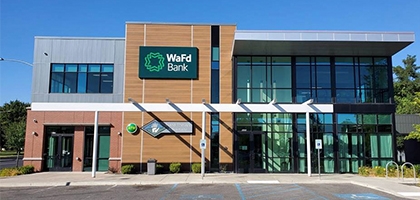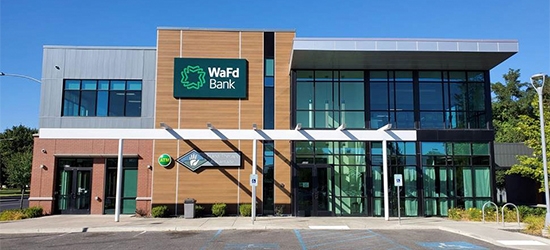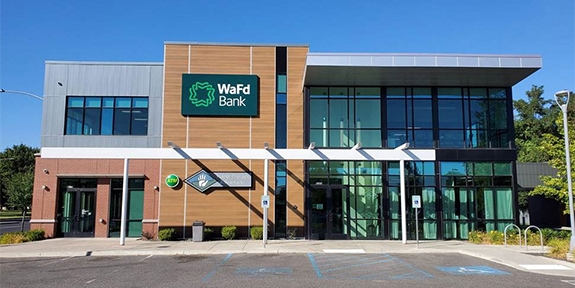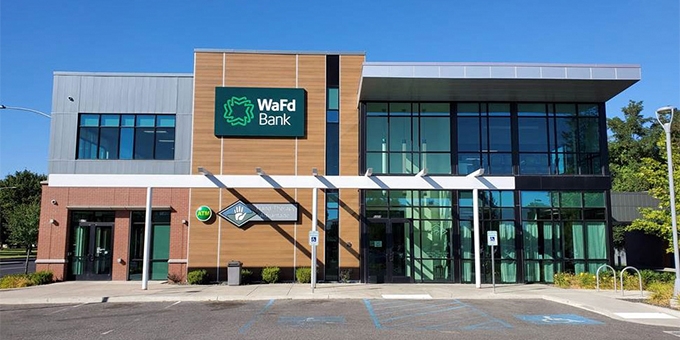






WaFd Bank No Longer Offers Home Financing
WaFd Home Loans
While WaFd Bank is no longer accepting new applications for home financing, we want to assure you that we’re still here for our existing mortgage customers. Whether you have a home equity line of credit, a mortgage on a home under construction, or an existing loan, your service will remain unchanged.
We're incredibly grateful for your trust and loyalty—thank you for choosing WaFd!
As we look to the future, WaFd Bank is shifting our focus to supporting entrepreneurs and businesses through expanded business lending services.
If you have any questions or need assistance, feel free to call us at 800-324-9375—we're happy to help.